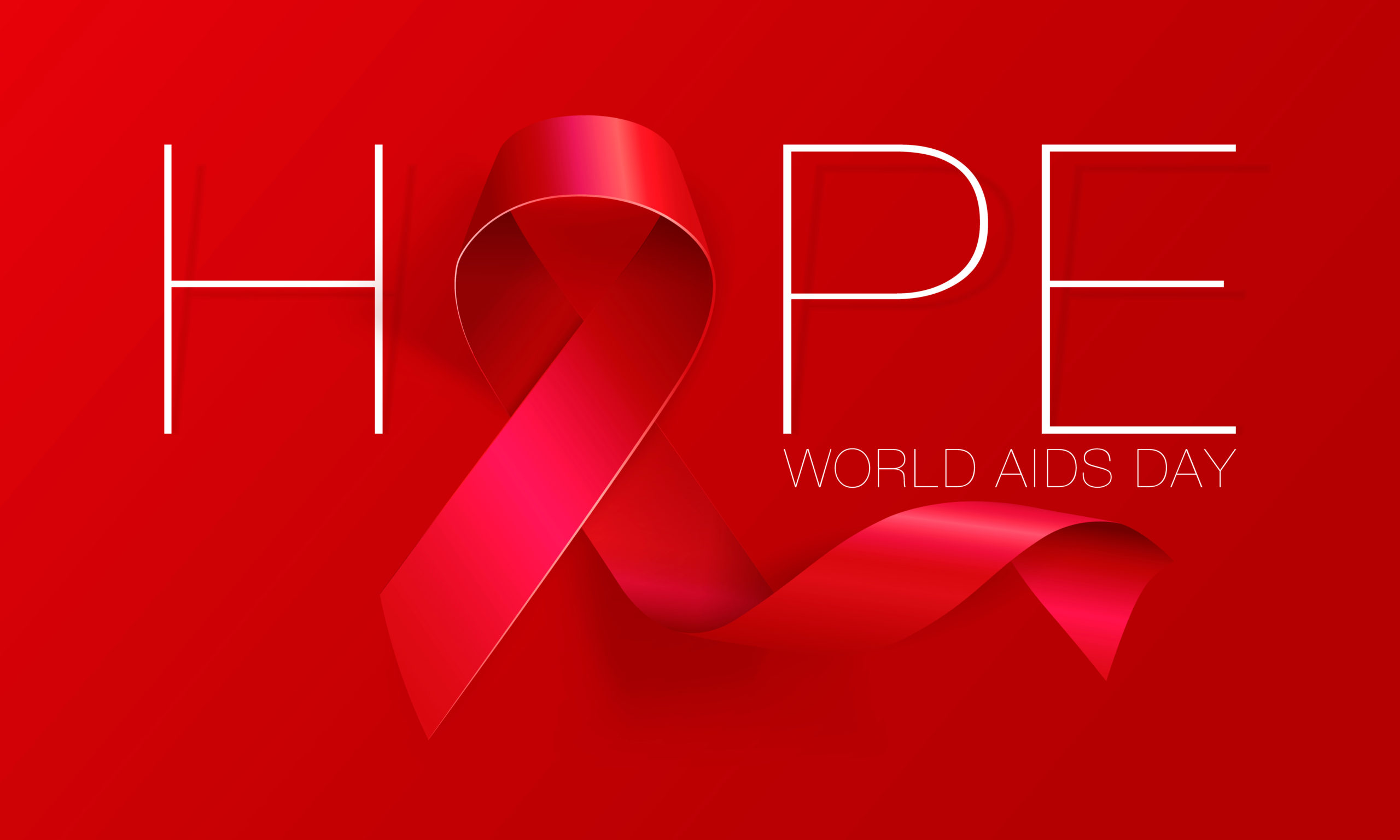Medication paving the way to HIV prevention.
By Ken Metasavage, Health Advocate, Finger Lakes Community Health, an independent healthcare organization with eight health centers in the region.
HIV or the Human Immunodeficiency Virus is a disease that is transmitted through the exchange of fluids that include blood, breastmilk, anal and vaginal fluids, semen, or through sharing injection drug equipment. The HIV virus attacks cells that help the  body fight infection, making a person more vulnerable to other infections and diseases. If left untreated, HIV can progress to Acquired Immunodeficiency Syndrome (AIDS). AIDS is the later form of HIV where the body’s immune system is so damaged that a person cannot recover from common infections like tuberculosis or pneumonia. People who are treated early for HIV and adhere to their medication may never develop AIDS. HIV has no cure, so once contracted you have it for life.
body fight infection, making a person more vulnerable to other infections and diseases. If left untreated, HIV can progress to Acquired Immunodeficiency Syndrome (AIDS). AIDS is the later form of HIV where the body’s immune system is so damaged that a person cannot recover from common infections like tuberculosis or pneumonia. People who are treated early for HIV and adhere to their medication may never develop AIDS. HIV has no cure, so once contracted you have it for life.
Testing is the only way to know
HIV can cause no symptoms for years so the only way to know for sure if you have the virus is to get tested. HIV testing is fairly simple. Your health care provider can send a sample of your blood to a lab for testing. The results for this test can take multiple days. There are also rapid blood tests that some medical providers can perform on-site that show results in 5-10 minutes. In addition, some providers will use an oral swab test. The oral swab tests can also be purchased in stores so people can test themselves at home. If a test comes back positive, a provider will want to retest the patient to eliminate a possible “false positive” and/or to determine the best form of medication to be used. HIV testing is recommended once a year.
Treatment and Transmission
HIV is a lifelong disease but if detected early and with full adherence to medication, it can be managed like any other chronic condition such as diabetes or high blood pressure. Treatment for HIV is called Antiretroviral Therapy (ART), which comes in the form of one or two pills. The treatment is specific to the patient and is managed by the individual and their healthcare provider. The medication works by suppressing the HIV virus and preventing it from replicating in the body. It is also important to note that if medication is managed well, a person’s viral load can reach an undetectable level which means it is very unlikely to be transmitted to other people.
Prevention
There are many ways to reduce the risk of contracting HIV. If you are sexually active, the use of a barrier method like condoms can protect against the transmission of fluids that can contain HIV. Condoms can be obtained for free in many locations such as medical facilities and public health offices. Our office even allows you to sign up for free condoms, delivered via mail. You can get them here: www.tinyurl.com/safekits. Other prevention measures can include having fewer sexual partners and regular discussions with your partners about testing and prevention. If you use medical equipment like needles, make sure to use new, clean equipment each time and never share equipment. If you work in an industry where you come in contact with bodily fluids, make sure to wear proper safety equipment, and follow safety protocols. Prevention is also available as a medication, called PrEP.
PrEP (Truvada and Descovy)
Pre-exposure prophylaxis or PrEP is a daily medication that is used to prevent HIV. PrEP can stop HIV from taking hold and spreading throughout your body. When taken daily, PrEP is highly effective at preventing HIV from sex or injection drug use. PrEP is often prescribed for people who are at higher risk of contracting HIV through sex or drug use. There are two PrEP medications available Truvada® and Descovy®. Both have benefits and risks and a discussion with your healthcare provider can help you choose the one that is best for you. It is important to know that if you choose this medication, regular testing will be necessary to make sure that the drug is not affecting other parts of your body. You will also be tested regularly for HIV and other sexually transmitted infections. This testing usually occurs every 3-6 months.
PEP
Post-exposure prophylaxis (PEP) is an antiretroviral medication that is taken if you have been exposed to HIV. PEP should be used only in emergency situations and must be started within 72 hours after a possible exposure to HIV. If you think you’ve recently been exposed to HIV during sex, through sharing needles, exposure to bodily fluids through work, or if you’ve been sexually assaulted, talk to your healthcare provider or see an emergency room doctor about PEP. Many pharmacies can also provide emergency PEP medication.
Stay informed about HIV by speaking with your provider. You can also talk with a member of the Finger Lakes Community Health Education Team at 315-521-0249.

